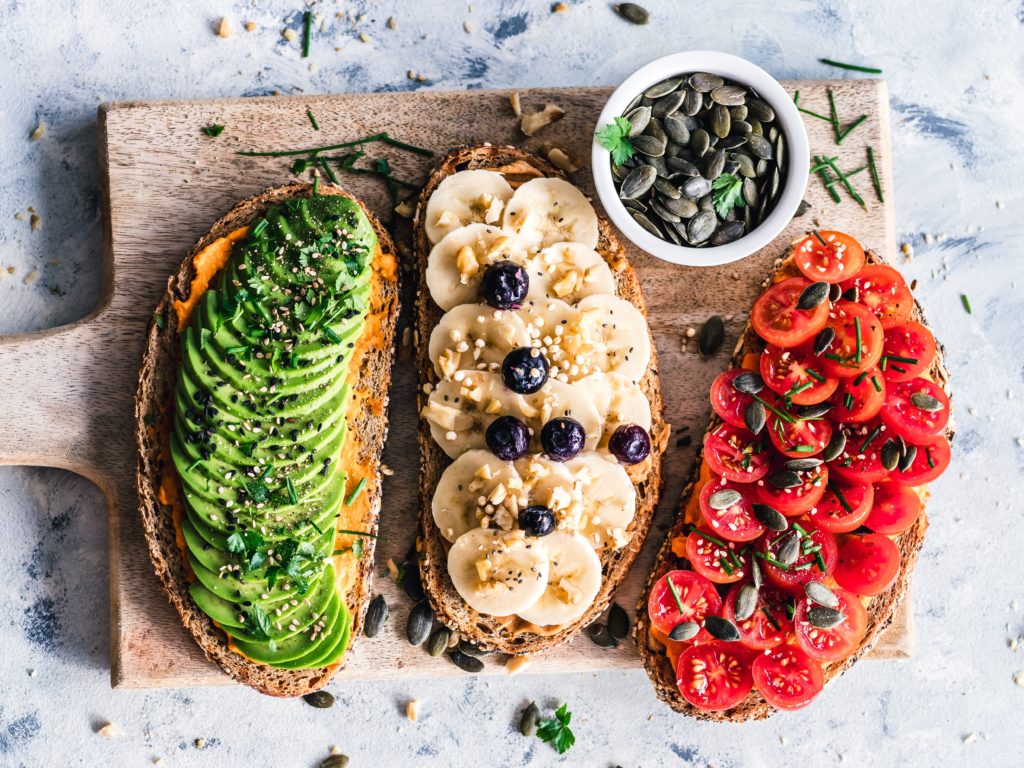
Veganism is no new trend. Since 2014, the plant-based diet has seen a major rise in popularity across both the UK and the rest of the world.
Food Matters Live confirms that over 3% of the British population are following a strictly vegan diet, and this does not include those who identify more as Vegetarian or “Flexitarian” or simply those who dabble in plant-based options occasionally. However, over 33% of Brits have said that they are interested in trying a vegan diet in 2023. With this huge increase in numbers over the last few years, now is the time to get your Vegan-friendly food offering up to scratch if it isn’t already.
From 2020 every major British supermarket was offering their own brand vegan food range, with well-known fast food chains such as KFC, McDonalds, Subway, Taco Bell and Papa Johns hot on their tails. But the big question still remains: Why are we all going vegan?
Can being vegan improve my health?
In a recent Mintel study of 1,040 British adults, 49% of the respondents cited health reasons for their choice to switch from meat to plant-based foods. A well-planned vegan diet can fuel the highest levels of fitness, while reducing our risk of various chronic diseases. Whilst no diet can guarantee a long and healthy life, becoming vegan may improve your odds. That’s largely because a vegan diet eliminates a number of foods we associate with illness such as red meats and cured meats.
Those following a plant-based diet also usually eat far more fruits and vegetables than others, leading to overall improved health. Research also suggests that vegans suffer lower rates of heart disease and diabetes. This reduced risk is partly due to the fact that vegans are statistically leaner and much less prone to obesity than the general population, due to a lower saturated fat intake and additional antioxidants found in fruits and vegetables.
How does being vegan help the planet?
Following a vegan diet can substantially reduce your contribution to air and water pollution, as well as methane emissions that contribute to climate change. Animal farming is also a huge contributor to greenhouse gas emissions that are a major factor in climate change. Some experts say that if we all made small changes to our eating patterns to be more plant-based, we could begin to reverse some of the negative effects on the environment.
Being a vegan to help end animal cruelty
A large part of the vegan community make their dietary choices as a stand against animal cruelty. Unfortunately, a large majority of animal farming (including factory farming, free-range and others) is not cruelty-free. Almost half of UK meat-eaters feel hypocritical for loving animals while eating others, according to a survey commissioned by Future Normal and The Vegan Society.
But taking a stand against animal cruelty isn’t just limited to what you eat. According to another Mintel report, sales in vegan cosmetics were up 100% in 2021. Vegan cosmetics are defined as products that contain no animal ingredients and should not be confused with “cruelty-free” cosmetics that may contain animal-derived ingredients like honey, lanolin and collagen but are not tested on animals.
Displaying your vegan food offering in store
With the vegan community ever-growing, it is essential now more than ever to ensure that you both offer an abundant range of vegan foods in your food retail outlet, but also that these options are clearly displayed to your customers.
Are you happy that you are offering a robust Vegan food range but not sure you have the best equipment for display? Get in touch with Counterline today to speak to one of our expert advisors.






